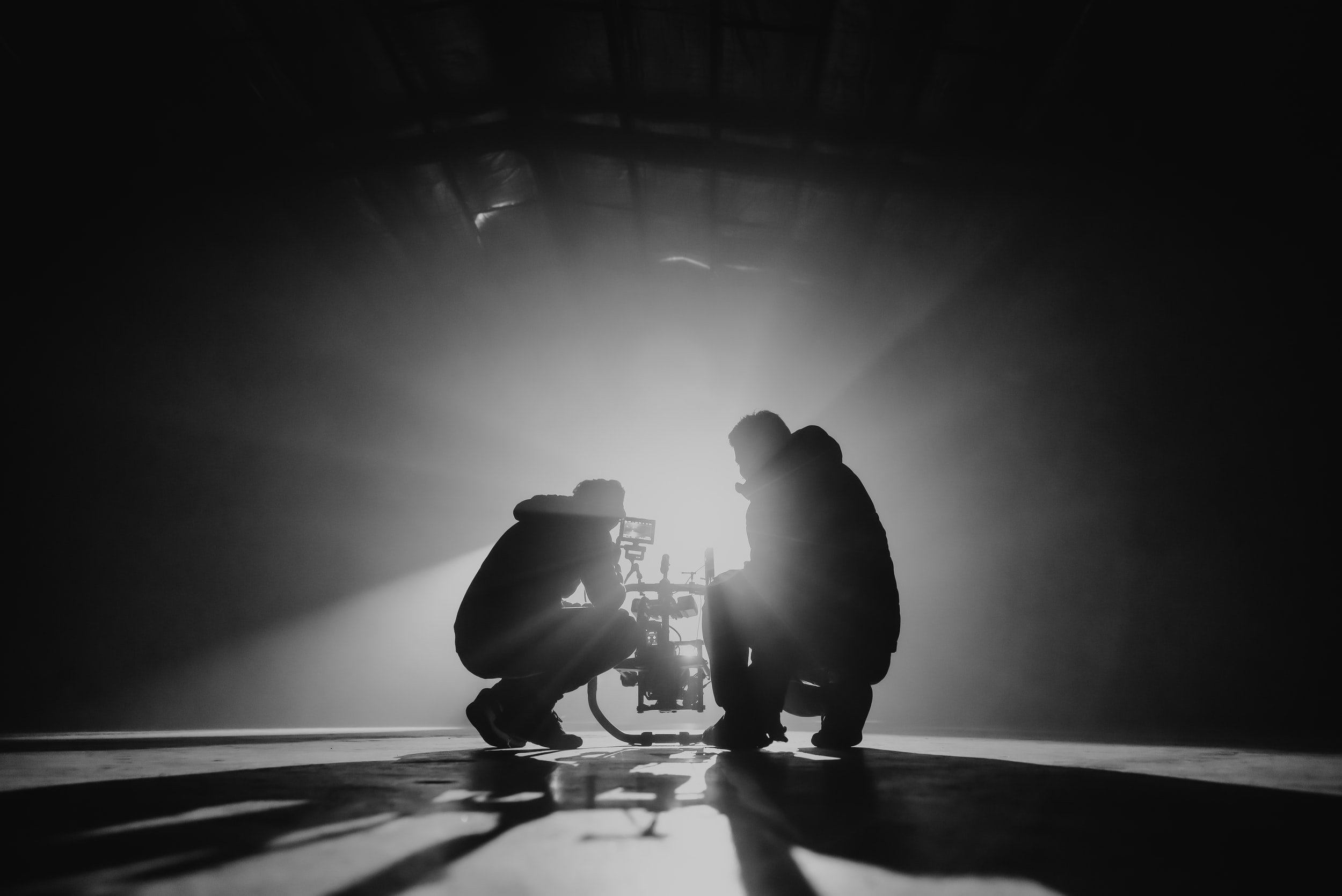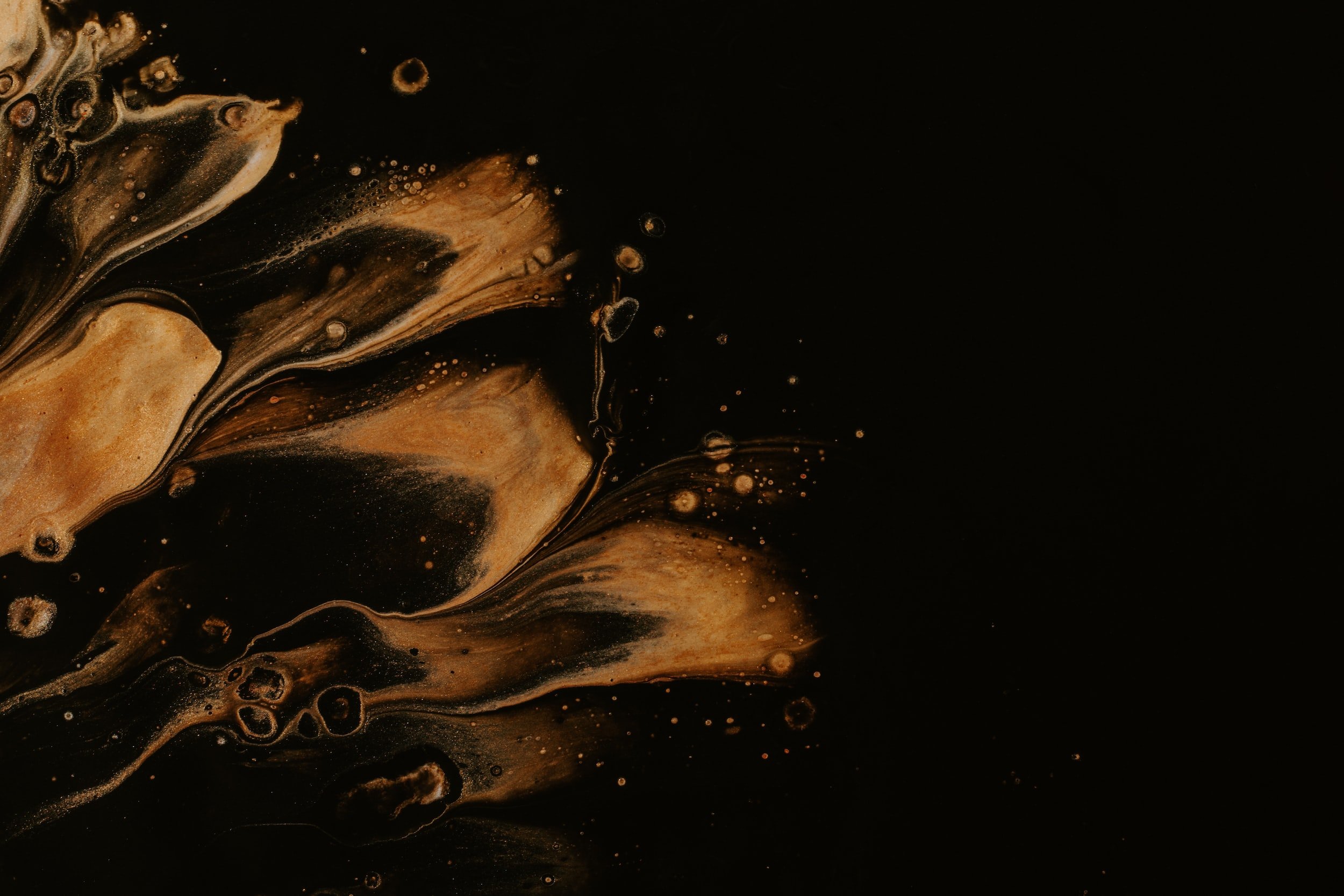
Take creative control of your vision.
here to help you thrive
You started your career with a vision. Let Julia Holt Law Firm be your visionary advocate. Do not allow any contract or dispute stand in your way. Safeguard your intellectual property with a firm that understands both your potential and your growing pains.

Let’s kickstart your business
I’ll be with you every step of the way.
Latest Blog Articles








